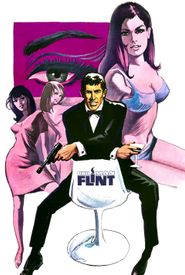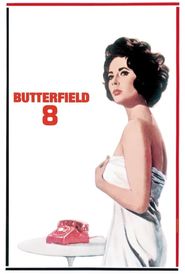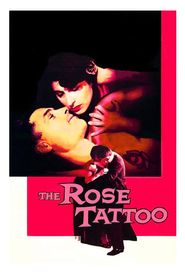Daniel Chugerman, later known as Daniel Mann, was born on August 8, 1912, in Brooklyn, New York. He began his career as a child performer and attended the New York's Professional Children's School.
Mann continued his education by studying with renowned acting teacher Sanford Meisner at the Neighborhood Playhouse, eventually becoming his assistant. He was one of the first acting teachers at the Actors Studio.
Mann established himself as a first-rate actors' director on Broadway, with Sidney Blackmer and Shirley Booth winning Tony Awards under his direction for "Come Back, Little Sheba". The play also marked Mann's film directional debut, with Burt Lancaster supporting Shirley Booth on screen.
Shirley Booth went on to win an Oscar for her work in "Come Back, Little Sheba", and Anna Magnani won an Oscar for her performance in "The Rose Tattoo", which Mann also directed on Broadway.
Mann directed six women and one man, including Paul Muni, to Oscar nominations. He also helped James Dean break through into the big time, directing his performance as the gay Arab houseboy in André Gide's "The Immoralist".
Despite dropping out of the play after the first two weeks to go to Hollywood to make "East of Eden", Dean won a Theatre World Award for his performance.
Mann was one of the top movie directors of the 1950s, helming "I'll Cry Tomorrow", "The Teahouse of the August Moon", "The Last Angry Man", and "Butterfield 8", which brought Elizabeth Taylor her first Oscar.
However, his film career began to decline in the 1960s. He still directed A-list pictures with top female stars like Rosalind Russell and Sophia Loren, but he also directed Dean Martin comedies and the spymovie spoof "Our Man Flint".
Mann's reputation waned, and he played out his string in the 1970s and 1980s, directing TV movies and an embarrassingly bad feature about a boxing kangaroo, "Matilda".
Daniel Mann died of heart failure in Los Angeles on November 21, 1991, at the age of 79.














































